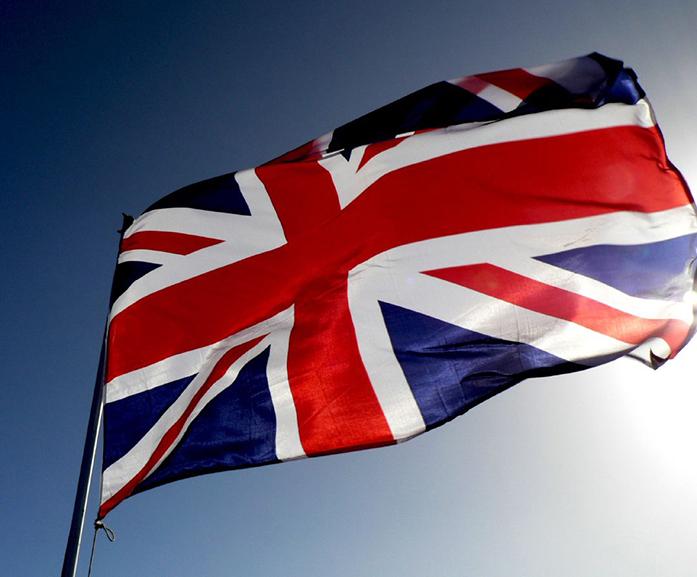By Jacob Prall
The British view their continental compatriots with a historically based air of separation that goes beyond far the physical barriers of the English Channel and North Sea. From the beginning, the British have found it difficult to accept the rules and regulations of the EU they helped create.
They’ve continued to struggle against the mainstream of continental Europe, such as when they opted to keep the British pound over the EU euro. More recently, the Brits have circumvented a number of business regulations and restrictions set by the EU, and this week, the people of Great Britain will vote to stay or leave the European Union. The vote has been coined “Brexit,” a portmanteau of Britain and exit. The results of the referendum will send shockwaves through the global economy. This is a pivotal moment for the future of the EU.
Before examining the crises at hand, let’s look back to remember why the EU exists at all. Emerging from the destruction of World War II, Europe looked for a way forward that could spell the end of carnage in the continent. By binding themselves together economically and creating a free-movement zone, they ensured major military conflicts would be difficult or even impossible to take shape among the nations of Europe. From the post-war ashes, the EU rose. It is the world’s leader in GDP and represents half a billion people.
It may also be on the brink of dissipation.
On Thursday, the Britons will vote to stay in or leave the EU. Those in favor of staying warn of economic fallout and argue that leaving the EU will take away much of Great Britain’s power in the global community. Those who want to leave cite business restrictions and immigration policy as the primary reason to leave. Their beliefs aren’t new, but they have been fueled by the continued recession in parts of Europe and the Syrian refugee crisis.
Why should Europe care what Great Britain does? If it doesn’t want to be a part of the club, let it sulk in the corner, right? If only it were that simple. The UK is the largest spender on defense in the EU and often helms diplomacy. The EU will lose a powerful defender, and the UK will lose its say in Europe’s diplomatic affairs if the Britons vote to go.
Great Britain has the fifth-largest economy in the world, and half of its imports and exports are with the EU. If it leaves, all that trade will be up for renegotiation with a presumably bitter EU. The uncertainty of a British exit is enough to shake the global economy. If the British leave, it will not be surprising to see an economic collapse in the UK, with shockwaves that will affect the global economy.
If the Britons leave the EU, they will be the first ever to do so. A Pandora’s box may be opened, and other nations of the EU may start to eye the door. The dissolution of the EU would bring an end to an era of stability and economic unity.
Many of the reasons fueling Brexit supporters are mirrored in our own presidential race. Nationalistic isolationism is leaving many Britons convinced that immigrants are stealing their jobs and wealth. Brexit supporters also feel the EU has too much of a say in rules and regulations around business. This should sound familiar to anyone following any GOP platform for the last six months. The fear of globalization, of foreigners and of government regulation in the marketplace are cornerstones of Republican rhetoric.
The people of the British Isles should remain in the European Union, for their own sake and for the sake of the world. The EU is a testament to the power of cooperation, diplomacy, and unity in the face of terror and turbulent times. Thursday may be the beginning of the end for the EU. If that is the case, we will likely feel the economic toll from across the Atlantic.



